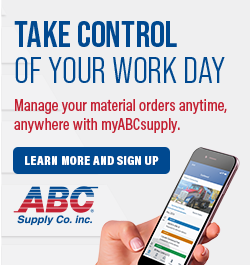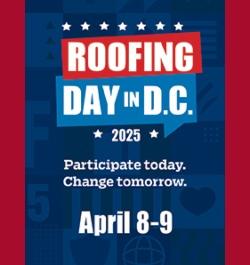Subcontractors No More? NLRB Reverts to Stricter Employee Classification Rules

By Trent Cotney.
Here is everything you need to know about the changes to the Employee Classification Rules.
If you use subcontractors, a recent ruling from the National Labor Relations Board (NLRB) could significantly impact your operations. This ruling will allow more workers to organize and join unions, and it will force employers to classify more workers as employees.
Details of the decision
In The Atlanta Opera, Inc., the NLRB considered a petition filed by wig artists, hairstylists and makeup artists who work for the Atlanta Opera. These workers requested union representation, but the Atlanta Opera asserted that they were independent contractors and thus did not have the right. Union protections are available only to those with employee status.
After hearing the arguments, the NLRB voted against the Atlanta Opera. In a reversal from the 2019 standard, it ruled that the makeup and hair stylists are employees, and under the National Labor Relations Act (NLRA), they have union rights.
Background of the classification issue
This new rule is in keeping with the standard set in FedEx Home Delivery (2014) and rejects the decision from SuperShuttle (2019). In the 2014 case, the NLRB determined that FedEx drivers were employees who should be covered by the NLRA and asserted that the employer was wrong in refusing to collectively bargain with their union.
In 2019, the NLRB ruled that Uber drivers did not have the right to union protections since they were independent contractors. That decision could now be called into question.
What this means for employers
With the recent ruling, the NLRB is reverting to the 2014 framework for worker classification. This position rejects the “entrepreneurial opportunity” test that had been adopted during the Trump administration, although that entrepreneurial factor can still be considered. Instead, worker classification will rely on the common-law agency test. It includes a number of factors, including whether workers are supervised, what skills are required, if workers are paid by the job or by time, if the workers genuinely have an independent business, and how much control the employer has over their working conditions.
The ruling opens the door to more unionization and employee misclassification claims. It will likely affect workers in a variety of industries, including construction workers, truck drivers, home health aides, and Uber, Lyft and Instacart drivers. The decision could land in a federal appeals court, and how it would fare in that arena is uncertain.
It is important to note that this NLRB decision is not binding precedent for all areas of the law. However, you can anticipate that government agencies and others looking to claim misclassification will be citing to this decision.
Advice for employers
Employers must use caution in classifying workers as independent contractors. As this ruling illustrates, the standards for considering workers as employees are quite broad, and you could easily misclassify your workers. That could leave you vulnerable to legal action.
If you are unsure how to classify your workers or how to structure your subcontract, please feel free to reach out to discuss your issues by contacting me at trent.cotney@arlaw.com.
The information contained in this article is for general educational information only. This information does not constitute legal advice, is not intended to constitute legal advice, nor should it be relied upon as legal advice for your specific factual pattern or situation.
Trent Cotney is a partner and Construction Practice Group Leader at the law firm of Adams and Reese LLP and NRCA General Counsel.
Learn more about Adams & Reese LLP in their Coffee Shop Directory or visit www.adamsandreese.com.
The information contained in this article is for general educational information only. This information does not constitute legal advice, is not intended to constitute legal advice, nor should it be relied upon as legal advice for your specific factual pattern or situation.
About Adams and Reese
At Adams and Reese, we take things personally. Our people are connected — to each other, to our clients, our families and our communities. We care deeply about the people around us.
As lawyers, it’s our business to know and understand our clients, their businesses, their current needs and their future plans. As neighbors, our commitment to volunteerism has become a deep-rooted characteristic of our firm's personality.






















-2025-xtv-mls-tour-2.png)
Comments
Leave a Reply
Have an account? Login to leave a comment!
Sign In